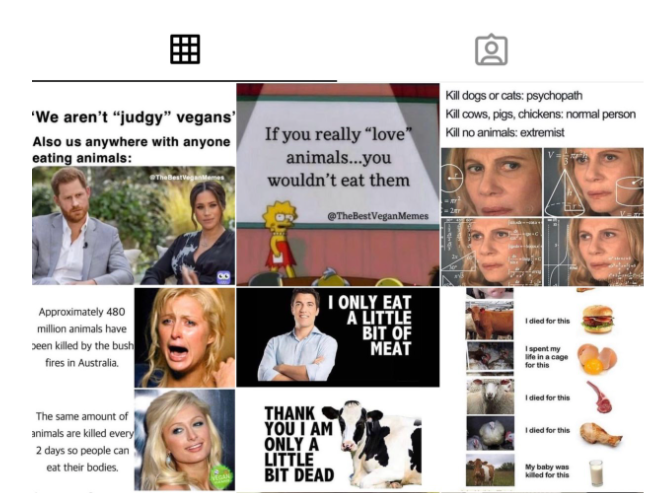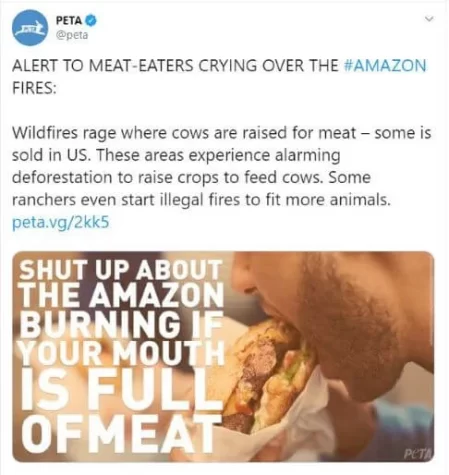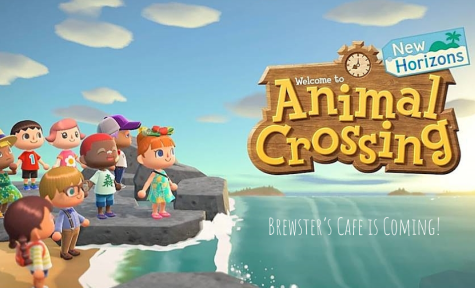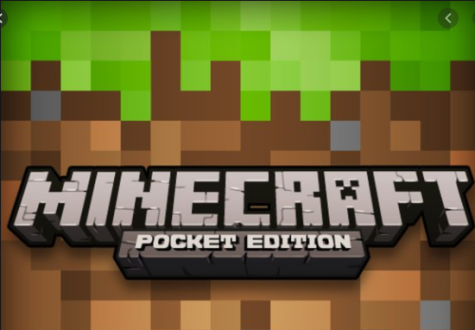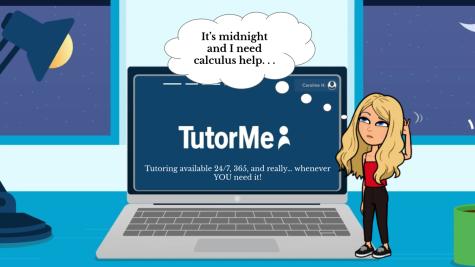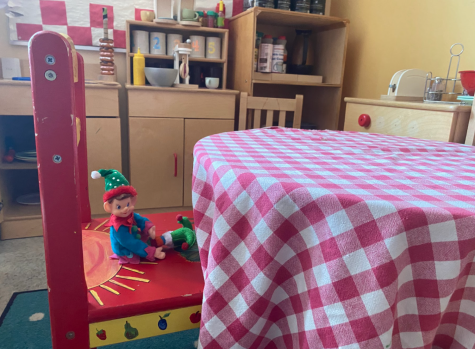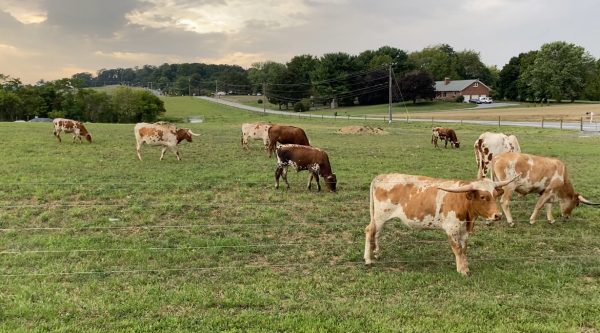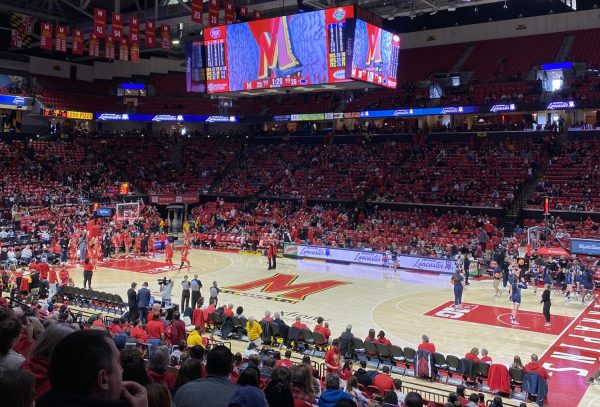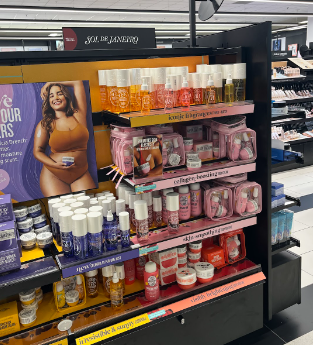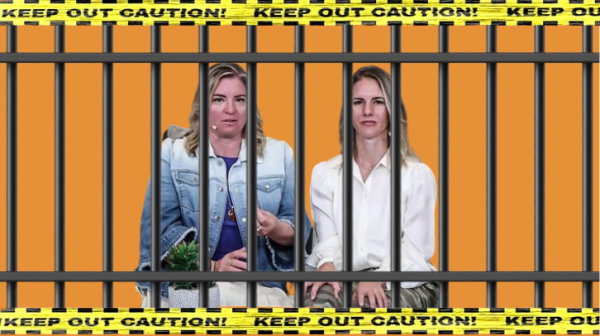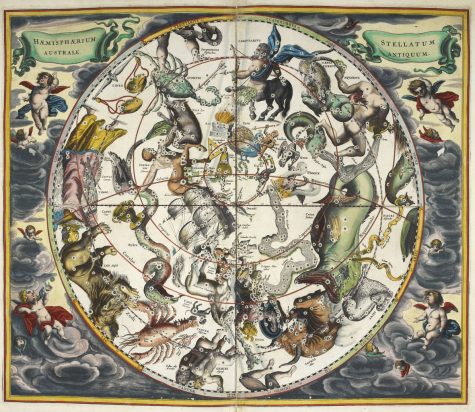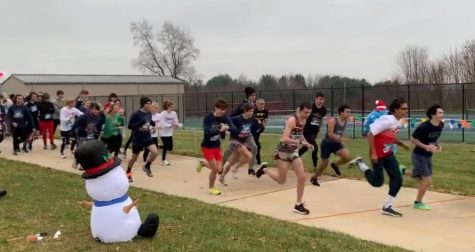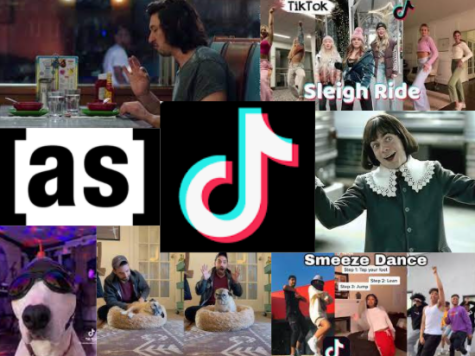Dear Vegetable Eaters: Enough is Enough
“If you think veganism is beneficial, that’s fine, but why do you have to push your vegetable lifestyle on me?”
Extreme vegan Instagram profiles and their content focus on bashing meat eaters.
Vegan pressure: Stop pushing your vegetable life on me
I’m still a vegetarian, but I gave up being a vegan because it was very restrictive. For many teens who need a wide variety of foods for their growing bodies, managing veganism can be unhealthy.
Why do I feel the leafy green of vegan shame?
Each person should be able to make safe and smart food choices without being “kicked out of the tofu club.”
We already know it’s never ok to fat shame.
I’m saying it’s never ok to vegan shame.
The plant-based lifestyle has recruited many new tofu eaters to their vegetable club because of the pandemic. A whopping 18% of people haven eaten more vegan and vegetarian food since the start of the pandemic. When the population of vegans’ increases, unfortunately, so does the population of extreme vegans.
Entitled, extreme vegans constantly act as the ´vegan police´ all over social media–persistently harassing ex-vegans, current vegans who are believed to be ´fake vegans,´ and an arbitrary selection of meat-eating influencers who have a platform. These extremists can easily warp the sincere intention of veganism (to save animals from cruelty) and can make current vegans willing to end their plant-based lifestyle due to feelings of exclusion and loneliness.
Why in the world do extreme vegans portray themselves as the only true believers, like some sort of saints., if they’re the ones’ driving people away from veganism?
Pressure from extreme vegans is a constant occurrence. Sophomore, Tess Engel, said “I’m vegetarian, so I know first-hand that over social media, there’s definitely two communities– a positive community with vegans and vegetarians, and then there’s the community filled with toxic vegans who are hating on newcomers for not following the very strict vegan diet. It makes me feel ashamed as a vegetarian because it very easily can place a negative shadow over vegans and vegetarians, even when most of us are super supportive.”
It is quite ironic that some animal lovers who preach to care so much about the environment and the world are the same ones who don’t mind hurting human beings’ mental health in order to preserve their ideology. Even vegetarians do not like the toxic vegans–and that’s saying something.
Being vegan as a teenager also puts substantial pressure on family members. That’s another form of shame.
Mo Djourshari, a Lancer parent, said “You can’t eat what you want when you’re out with a vegan for dinner, and you also have to constantly find vegan friendly spots. Everything on a vegan restaurant menu seems like something my lunch would eat. I have no problem with vegans who aren’t pushy. They can eat all the grass that’s out there.”
Having to adjust family meals is harder than it sounds, and when mom is cooking steak for dinner, there’s no easy replacement.
Forget replacements. Some people can’t even afford to have steak for dinner, let alone veggie burgers that are almost double the price of beef. Toxic vegans see only one perspective and can’t acknowledge that there are many reasons that veganism is too difficult–one is the expense.
It makes sense that teens want to join the vegan way. Teenagers are always looking for control in their lives- a way to control their vocabulary, their diet, their plans, and who their friends are. So naturally, they grip, and grip very hard, onto any form of control they can possibly find. A study conducted by the NTU concluded that a sense of belonging to groups positively influenced teenagers’ mental health.
Teens are constantly being told that being part of a group is crucial, and, at first, veganism fills the need for friendship, belonging, and control. It’s the “cool kids (vegetable) club.”
When I was deepest in my eating disorder, I used veganism as a restricting mechanism
The sense of control teenagers long for can come across as non-disruptive, but this craving can often escalate. Before you know it, your fitness-focused vegan friend who prioritized health suddenly has an eating disorder.
Teens who suffer from restrictive eating disorders, such as anorexia nervosa, orthorexia, and bulimia nervosa, often seek control of their life. Veganism is the perfect route to get away with restriction- almost like an excuse. Schoen clinic, a mental health facility, reported 35% of their eating disorder patients stating they wanted to follow a vegan diet. No meat and no dairy- what a perfect way to exclude food groups without outwardly stating it’s for restricting purposes.
A student at Cicero North Syracuse High School said, “I’ve struggled with bulimia nervosa for several years. When I was deepest in my eating disorder, I used veganism as a restricting mechanism. I can never look at veganism the same, and I will always remember the bullying that went on from vegans.”
Despite knowing the student had suffered from disordered eating, extreme vegans still did not hold back. The Cicero junior said, “I used to run a health-esque Instagram that was strictly vegan food. When I decided to recover, my nutritionist told me I couldn’t maintain my vegan lifestyle anymore, so I tried to use the account as a recovery inspiration account and would show my balanced meals. When the “vegan police” found out I had stopped being vegan, I was literally, like, hardcore harassed. My DM’s and comments were flooded with rude vegans for several months until I disabled the account.”
Who would have thought that the “accepting” vegan world is also a forum of cancel culture?
Teenagers’ bodies are constantly growing. Not letting extremely impressionable people who are at the prime of their development be vegan could not only save them from stunting their growth, but it could also save them from developing bad eating habits, or making further life choices that are based on what others deem are “cool”.
Adults, on the other hand, can make the decision to be vegan in their full-grown bodies and brains without the pressure of high school friends forming their decisions for them. Their fully developed brains lead to only 0.5% of the USA population being an adult vegan.
Your donation will support the student journalists of Linganore High School. Your contribution will allow us to purchase camera/recording equipment and cover our annual website hosting costs. We hope to raise enough money to re-start a monthly printed issue of our paper.


